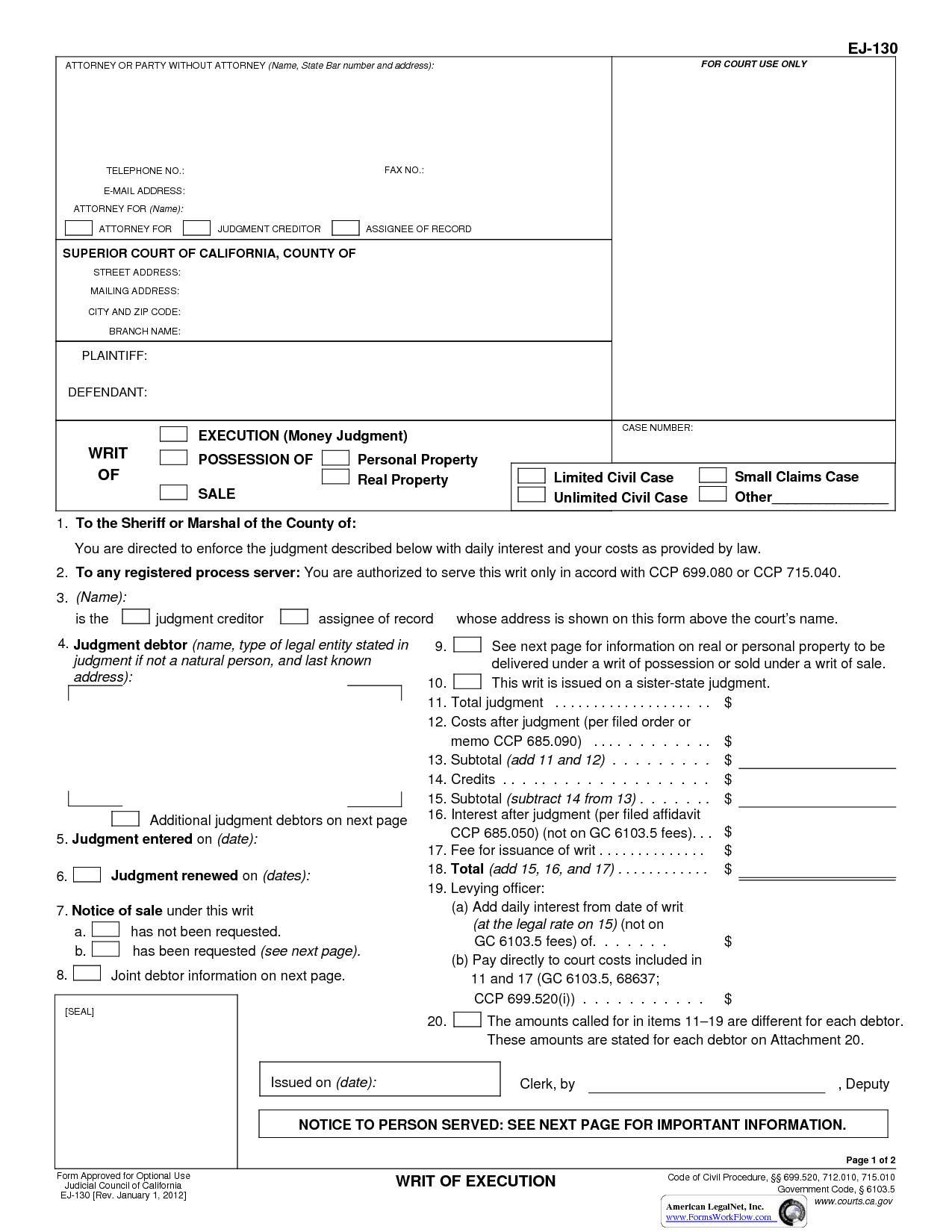

and it may be difficult for the plaintiff to obtain discovery from them.’ ” Weininger, 462 F.Supp.2d at 495 ( quoting Alejandre v. As this Court has previously stated, “n assessing whether these entities are agencies or instrumentalities of Cuba, the Court is ‘mindful that the instrumentality and its related government-not the plaintiff-will frequently possess most of the information needed.

RJR Nabisco, Inc., 814 F.Supp.2d 189, 202 (E.D.N.Y.2011)( “Filler invites district courts to engage in a balancing process, without particular emphasis on any given factor and without requiring that every' factor weigh in favor of, or against, the entity”) (internal citations and quotations omitted).

The Calderon–Cardona Court went on, in the alternative, to consider the preemption question addressed in the September 2010 Decision and Levin.At issue here are two of those turnover petitions-Petitions I and III-in which Hausler seeks to execute upon accounts created and maintained by Respondents as repositories for sums blocked in the course of electronic fund transfers (“EFTs”) involving the Judgment Debtors or their agencies or instrumentalities (the “Blocked Funds”). (collectively, “Respondents” or “Garnishee Banks”).

(f/k/a ABN AMRO Bank, N.V.), and Bank of America, N.A. To enforce the Florida Judgment in this Court, Hausler has brought several turnover petitions against JPMorgan Chase Bank, N.A., Citibank, N.A., UBS AG, The Royal Bank of Scotland, N.V. The Florida Judgment held the Republic of Cuba, Fidel and Raul Castro, and the Cuban Revolutionary Armed Services (collectively, the “Judgment Debtors”) liable for the torture and extrajudicial killing of Fuller. § 1610 note, to execute a default judgment entered by a Florida state court (the “Florida Judgment”). Petitioner Jeannette Hausler (“Hausler” or “Petitioner”) brings this action as the successor and personal representative of the Estate of Robert Otis Fuller (“Fuller”) pursuant to § 201(a) of the Terrorism Risk Insurance Act of 2002 (the “TRIA”), 28 U.S.C.


 0 kommentar(er)
0 kommentar(er)
